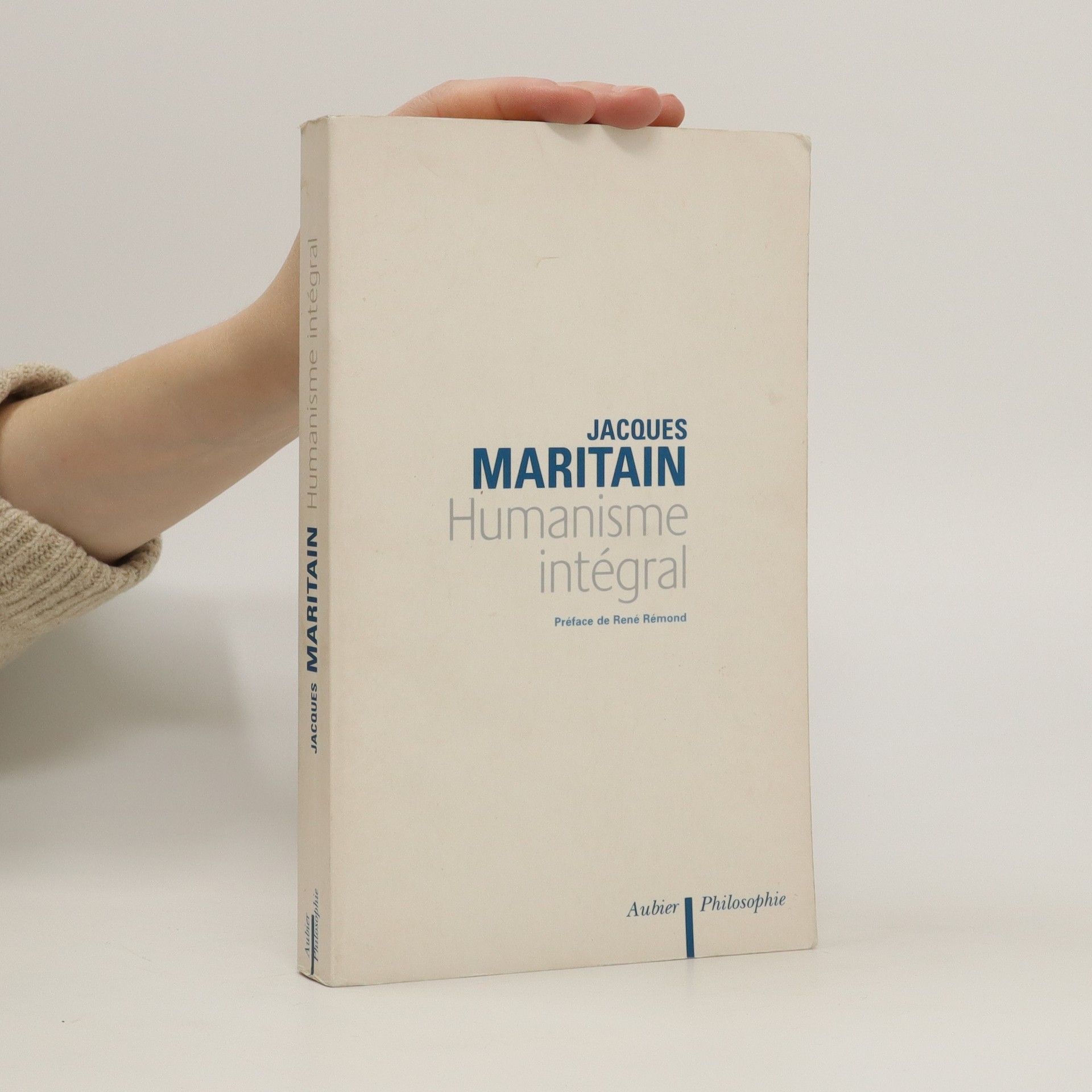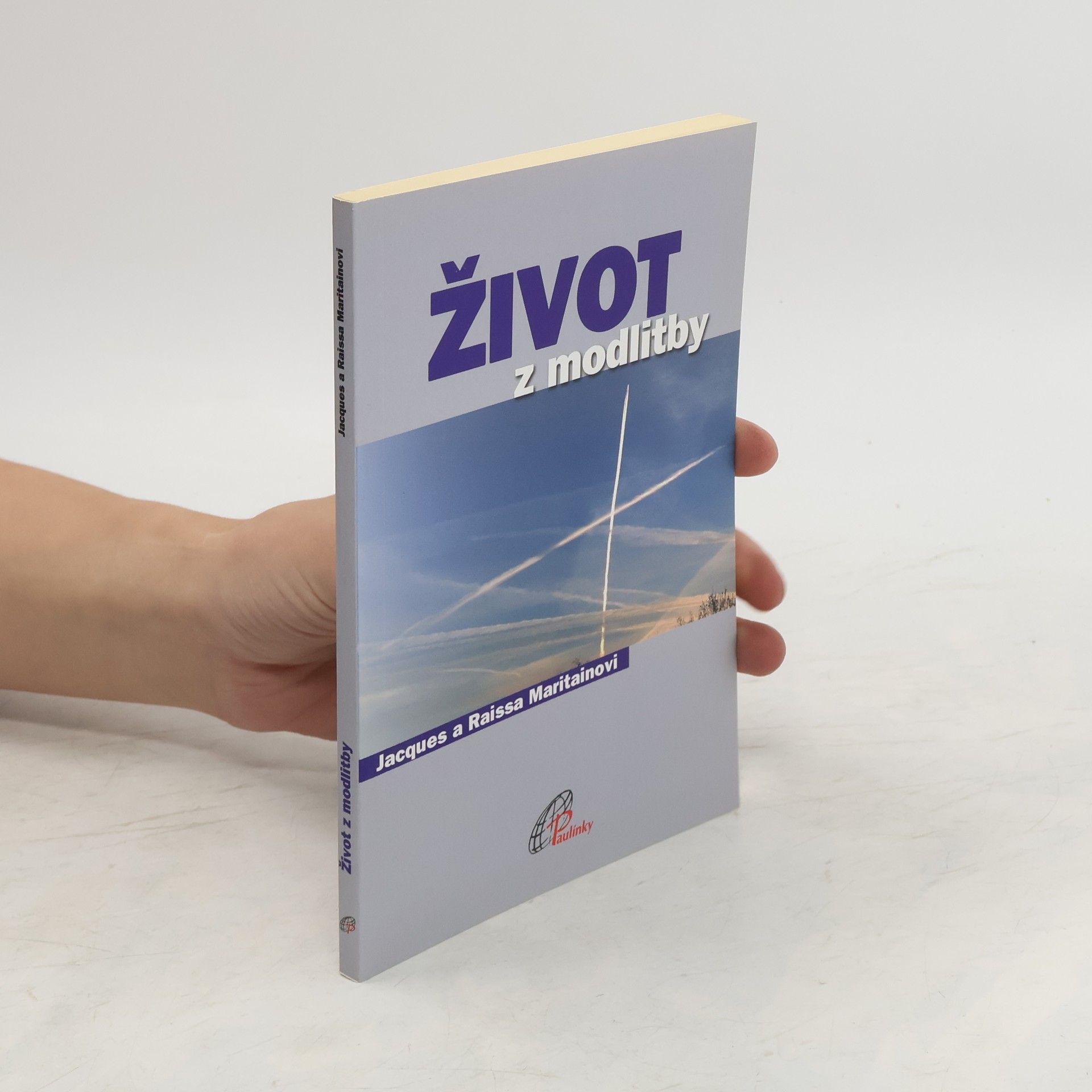Humanisme intégral
- 317pages
- 12 heures de lecture
Paru en 1936, réédité en 1946 puis en 1968, Humanisme intégral est très probablement celui de tous les écrits de Jacques Maritain (1882-1973) qui a connu la plus large audience. Son propos est ambitieux puisque le philosophe entend y traiter des relations entre le christianisme et le monde moderne dans leur ensemble. Fresque historique marquée par la fidélité au thomisme, mais aussi regard lucide sur son époque, l'ouvrage, entre réalisme et utopie, appelle de ses voeux l'avènement d'une nouvelle chrétienté, et constitue l'un des maillons essentiels de la réflexion de l'Eglise au XXe siècle.









